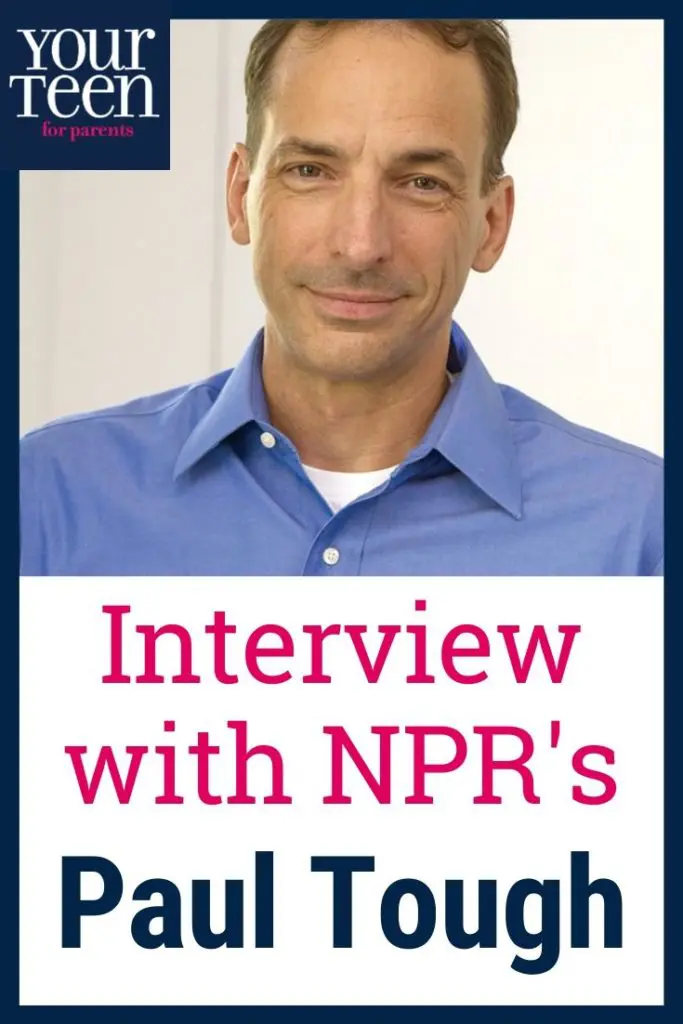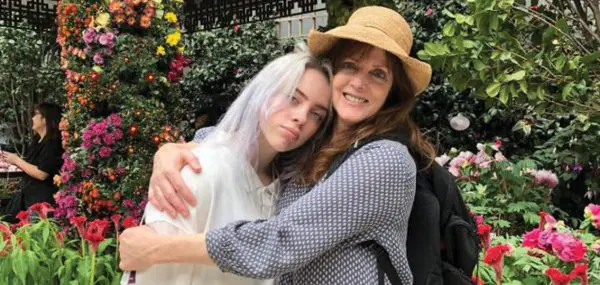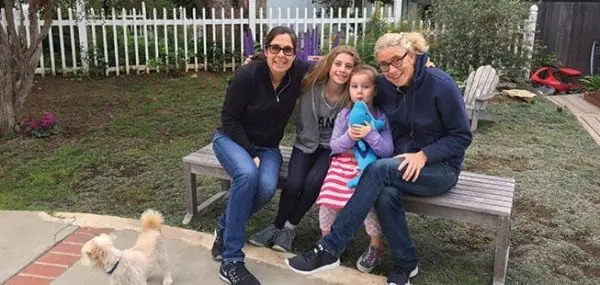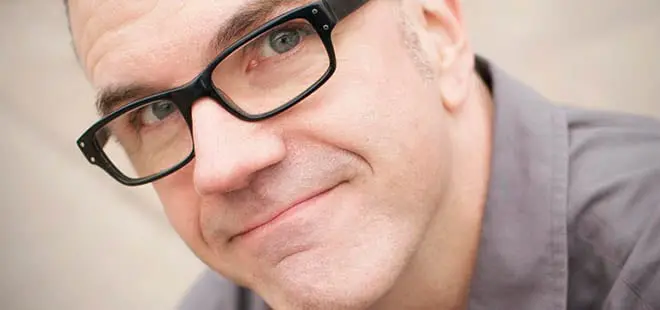Author, NPR contributor, and public speaker Paul Tough tackles big topics head-on. His best-seller, How Children Succeed: Grit, Curiosity, and the Hidden Power of Character, changed the way I parent my children. Now, his latest book, The Years That Matter Most: How College Makes or Breaks Us, has completely changed the way I look at the higher education system in the U.S. Here, he graciously shares his own very non-traditional path, as well as his thoughts on the issues that impact education, inequality, and success for kids today.

Q: What’s your relationship to college?
Tough: I went straight from high school to Columbia University, but dropped out a few months later. Then I spent some time biking around the southern United States, trying to give myself a bit of a gritty experience. I went back to school at McGill University in Montreal, which was a little cheaper for me as a Canadian. And then one year away from getting my B.A., I dropped out again. I ended up doing an internship at Harper’s Magazine that was interesting, intellectual, and exciting. And I decided journalism was what I wanted to do instead of finishing my B.A. I never went back, never got a B.A.
Q: What was happening at Columbia that made you say, I need to leave this opportunity?
Tough: It’s still hard for me to sort through that. I think part of it was money and value. I was paying as an international student with money that I’d made as a teenager. It now strikes me now how little resistance I got when I dropped out. Many freshmen get overwhelmed academically, they get homesick, and they become unhappy. That’s when they drop out. And the institutions that I now admire are the ones that say “Just hang in a little bit longer because this happens to a lot of people.” No one did that for me. No one said, “Are you sure you want to drop out?” I just brought in my paperwork and they were like, stamp. And I was gone. I think if someone in that institution had expressed to me that I belong there and that things would get better, it’s possible I would have stayed.
Q: Do you think you could have the same career today without a college diploma?
Tough: There are very, very few people going into journalism without some kind of college degree. I don’t want to send the message to young people that they should follow my path.
Q: In your book, you discuss the research that economist Raj Chetty is doing. Can you share some of it with us?
Tough: Raj analyzes data to understand the role that higher education plays in changing fortunes of different families. What he found was that going to college tends to increase your lifetime earnings. But going to a highly selective college increases your lifetime earnings even more. Raj is saying that where you go does matter. And he is pointing to really clear statistical evidence that graduates of the most highly selective institutions make a lot more money than everybody else.
Q: What should we take away from his research?
Tough: The data point that I actually think is most important in Raj’s work is that at the most selective institutions there are very few people who come from low-income families. And that’s a real problem for social mobility in the United States. If where you go to college is an important opportunity, the fact that it is shared so unequally really matters. I think that it’s important for young people and their families to understand how unfair the system is. There are advantages that families with more financial resources have when they enter the college admissions process. And most families try to gain even more advantages. I think that’s where the college admissions scandal came from. Many of these parents looked at the system and thought, “It may be rigged in my favor, but maybe the family down the street has it rigged for them even more.”
Q: Do you really think it’s as mindful as that? I think most of us see that it’s a game and we want to win at that game. One way to win is to hire tutors.
Tough: Many of us think of it as just our own experience and our own family’s experience. So we think of it as a competition to get into the most highly ranked college. It creates a system that really undermines a lot of the pillars of how our economy and our democracy work.
Q: What do you think we should do differently after we hear about all these inequities? What does that look like?
Tough: The people who benefit have a tendency to see the system as a perfectly fair meritocracy. But many other factors impact the decision, many of which have to do with privilege and advantage and money. I think we need to acknowledge that and have a conversation about privilege.
Q: Can you tell us what you think the next step should be for all of us as parents?
Tough: I think we really want to believe that things are fairer than they really are, that there is more opportunity for everyone and especially for low income students. I wrote the book to tell a story that is more honest and more accurate about how opportunity works. It’s not to say that it never works. A college degree can still be the engine of social mobility that it was intended to be. When low-income students get the education that they deserve, it can completely transform their lives. It’s just that they are trying to do that within a system that puts lots of obstacles and barriers in their path.
It benefits us as parents to have a clear picture of how the system works. And in a strange way, it takes some of the pressure off. Part of the pressure on students is this belief that selective higher education admissions is a real meritocracy. And so that means that your identity and your worth are on the line. When you understand the advantages that help with college admissions, in a strange way, it takes the pressure off.
Q: I think that the gift you’re really giving us in this story is that we really don’t have control over the college admissions process. Where you go is what you make of it.
Tough: That’s the reason that I spent so much time at University of Texas. It has a student body that reflects Texas and the country in a much better way than an Ivy League. That’s an advantage. Going to an institution that actually reflects the complications of this country, I think, is a benefit to any student. I hope this book highlights a more complicated way to understand how college admissions sorts us into different categories.





